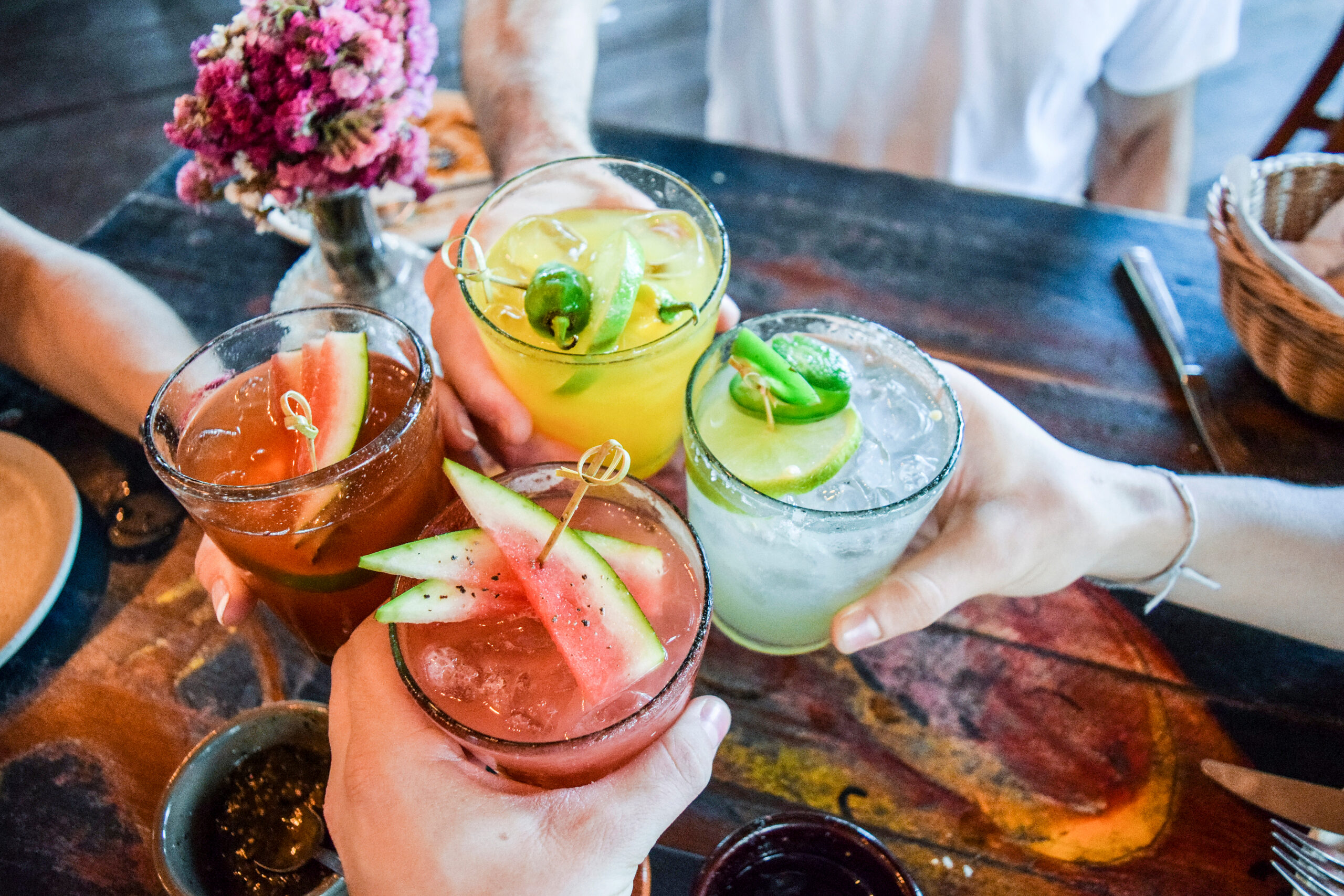Table of Contents

A glass of red wine with dinner. Beers with buddies on the weekend. Tasty cocktails to end the workday.
Alcohol can seem an inseparable part of adult life, a fixture at social gatherings and a tool to blunt the keen edge of stress.
But this socially sanctioned toxin surreptitiously erodes our health and hastens the aging process with every sip.
Alcohol: A Systemic Risk
Alcohol doesn't just harm the liver, as conventional wisdom may suppose. It's a systemic toxin, setting off a cascade of damage that accelerates aging from head to toe.
Ethanol and its noxious metabolite acetaldehyde wreak havoc at the cellular level, spawning oxidative stress and inflammation. They put crucial enzymatic reactions into a tailspin and gum up the epigenetic machinery that orchestrates which genes are expressed.
The Myth of Moderation
Moderation is touted as the secret to reaping alcohol's supposed heart-healthy perks with minimal risks.
But this seductive myth crumbles under scrutiny. Even one drink a day measurably ages the brain. It thins the cerebral cortex and hippocampus, vital regions for cognition and memory.
Over time, the cumulative brain damage manifests as premature mental decline in greying years.
Aging Inside and Out
The aging effects aren't just in drinkers' heads. Alcohol spurs systemwide wear and tear that makes the body old before its time.
It disrupts sleep, depriving tissues of the nightly restoration they need to stay young.
It chips away at skeletal muscle, sapping strength and quickening the descent into age-related sarcopenia and frailty. It abets weight gain and magnifies the aging insults of obesity.
A Toxic Tag Team
Alcohol doesn't act alone, but gangs up with other vices to jointly age the body. Booze and cigarettes are partners in crime, synergistically amplifying each other's noxious effects.
They join forces to unleash a torrent of free radicals and pro-inflammatory cytokines that weather tissues. The combo also ramps up cancer risk, including dreaded lung and liver malignancies that snatch lives too soon.
The Genetic Lottery
Genetics deal some a better hand than others when it comes to weathering alcohol's aging effects. Variations in enzymes like alcohol dehydrogenase and acetaldehyde dehydrogenase influence how efficiently the body breaks down and clears alcohol's toxic by-products.
Those with certain gene variants may experience worse hangovers, flushing, nausea ― their body's way of warning that alcohol is aging them faster.
Damage Control for Drinkers
For drinkers disinclined to go cold turkey, a few tricks can curb alcohol's aging impacts.
Choosing drinks low in congeners, like vodka and gin, lessens the load of these
hangover-provoking compounds. Imbibing with food slows alcohol absorption. And alternating each alcoholic drink with a glass of water averts the dehydration that intensifies alcohol's cellular damage.
Reclaiming Lost Youth
But the hard truth remains: there's no anti-aging elixir at the bottom of your alcohol glass, no matter how well the hype masks the bitter reality. The fountain of youth is filled with water, not wine.
With every alcohol-free day, hour, or minute, we give our cells a respite to repair and rejuvenate, reversing damage and restoring vitality. When we refrain, we reclaim a piece of our youth that would otherwise be lost to drink.
The choice is stark but clear ― we can cherish our health, or chase the fleeting buzz and watch our years go up in smoke.
AD
Most Recent
AD
